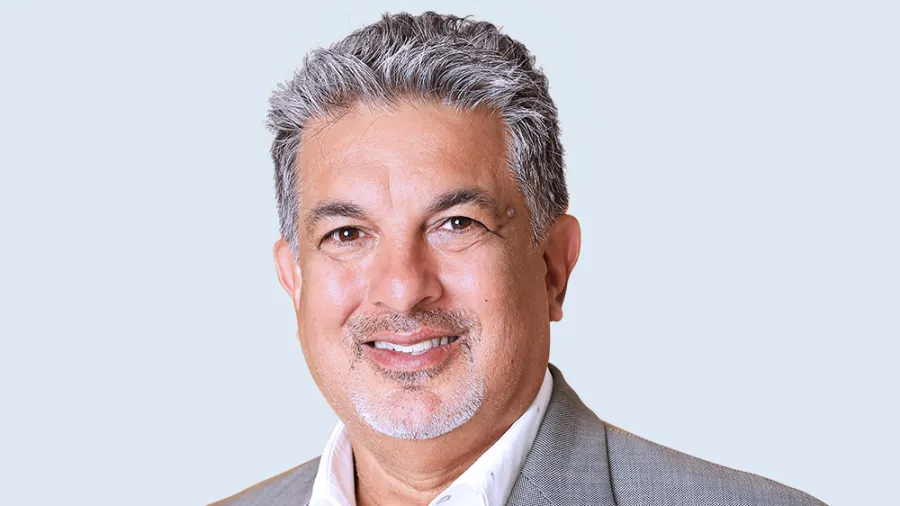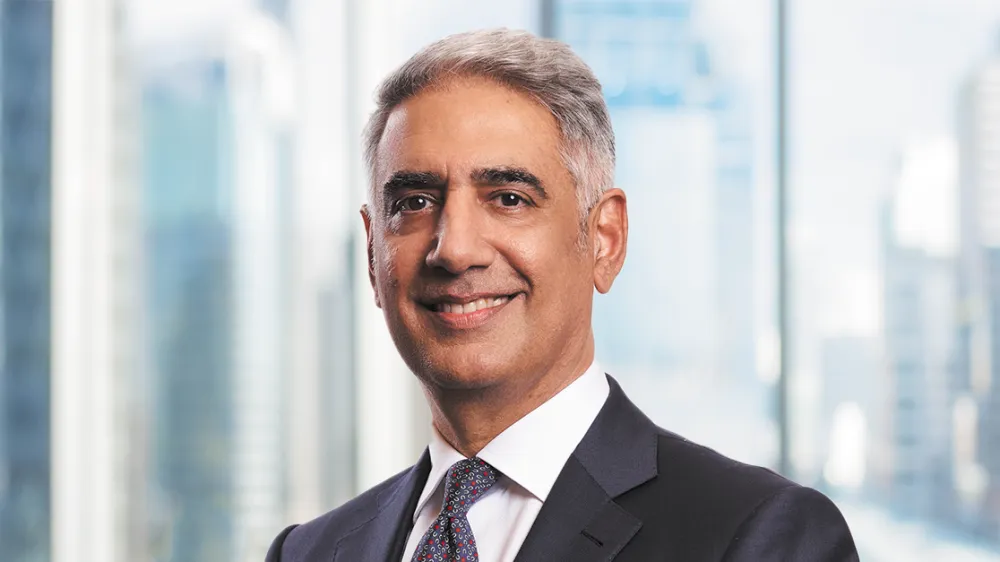
Stronger partnerships urged to make healthcare accessible in remote areas
DKSH Healthcare said Southeast Asian nations should push for stronger public-private partnerships and harmonise regulatory standards.
IN Southeast Asia, some significant healthcare gaps have been identified to persist, particularly in the accessibility of services in remote areas. DKSH Healthcare, a leading strategic healthcare solutions partner specialising in distribution and logistics, commercial outsourcing, and market expansion services, has underscored the need for a robust and reliable health ecosystem.
For remote areas of the region, long travel times to healthcare facilities often delay treatments. Citing World Bank data, this is experienced by a majority of Vietnam’s (61%), the Philippines’ (52%), Thailand’s (46%), and Indonesia’s (42%) populations living in rural spaces.
To Bijay Singh, Global Head of the Healthcare Business Unit at DKSH, this reflects a concerning inequity that needs to be addressed.
“The key element of a trustable health ecosystem is to have accessibility — a distribution network that can even reach the most remote areas,” Singh told Healthcare Asia.
He said the situation calls for a distribution network that reaches all regions and strong collaboration between local providers, governments, NGOs, and private firms.
“One member of the community cannot do everything themselves, so it’s important to seek partnerships with innovative healthcare companies and institutions to make sure that we bring the latest medical advancements and treatment options to Southeast Asia,” Singh said.
Stronger public-private partnerships
When asked about his outlook on the topic of healthcare collaboration, Singh noted the presence of strong public-private partnerships within Southeast Asia.
“We’ve observed a growing demand for partnerships with the private sector to enhance healthcare infrastructure, invest in research and development, and expand service delivery options,” he said. Some of these bear the mark of DKSH Healthcare’s initiatives with hospitals and other organisations in the region.
“We collaborated with Siriraj Hospital to redefine healthcare finance in Thailand, pioneering digital payment solutions for their faculty,” Singh said.
This partnership allowed the integration of digital procurement and payment solutions to improve transactional efficiency and reduce transportation costs, human errors, and operational workload.
Meanwhile, DKSH Healthcare has also partnered with public hospitals such as Thammasat University Hospital to launch Home Pulse, introducing quality healthcare services delivered to patients’ homes.
These homecare services allow healthcare professionals to collect blood and urine specimens at the patients’ homes and test them in laboratories, reducing the time patients and caregivers spend at hospitals before appointments requiring test results.
Government initiatives
DKSH Healthcare observed a boost in public funding as governments across the region work towards achieving universal health coverage.
“Thailand launched in 2002 their universal health coverage known as the 30 baht scheme, which is trying to provide comprehensive healthcare to all citizens,” Singh said.
Singh further mentioned that the nation is expanding its disease surveillance system to advance early detection and response capabilities for various infectious diseases.
“Malaysia has also been actively working to expand universal healthcare coverage and improve the quality of their healthcare services, and we see the same in Indonesia,” he said.
In a way, the COVID-19 pandemic moved a number of Southeast Asian countries to strengthen public health systems by investing in disease surveillance, rapid response protocols, and public health infrastructure.
“In Singapore, they’re continuing to invest in the National Centre for Infectious Diseases (NCID), whilst Vietnam has expanded a rapid response task force to coordinate future outbreaks and make sure they have a stockpile of central medical supplies,” Singh said.
However a challenge remains in the lack of harmonised regulatory standards in the region, which complicates the introduction and distribution of healthcare products.
“Each Southeast Asian country requires individual registration, unlike Europe’s single harmonised regulatory application,” he explained.
Navigating challenges
DKSH Healthcare listed down some key challenges when bridging healthcare gaps in the region.
“Southeast Asia itself comprises 11 markets, so navigating the specific regulations is quite onerous,” Singh said.
Barriers further extend towards manufacturing due to high costs and overcapacity, leading to a reluctance to build local capacity in public sectors.
“There’s also an overall hesitancy for manufacturing companies to further localise in Southeast Asia, mainly due to the challenges and uncertainties surrounding return on investment. Healthcare companies are increasingly interested in pursuing localisation strategies through investments that can enhance their local capacity and foster stronger relationships,” he added.
Singh also projected a limited increase in funding amidst emerging trends in the healthcare sector.
“We anticipate emerging trends such as home care, expanded roles for nurses and pharmacists in service delivery, and the gradual expansion of public-private partnership models. These developments provide increasingly attractive alternatives for patients,” he said.
In the end, Singh called for the need to address regulatory oversight. “It is important to collaborate with companies that have extensive regulatory expertise, because of the different regulatory frameworks across Southeast Asia,” he said.



















 Advertise
Advertise






